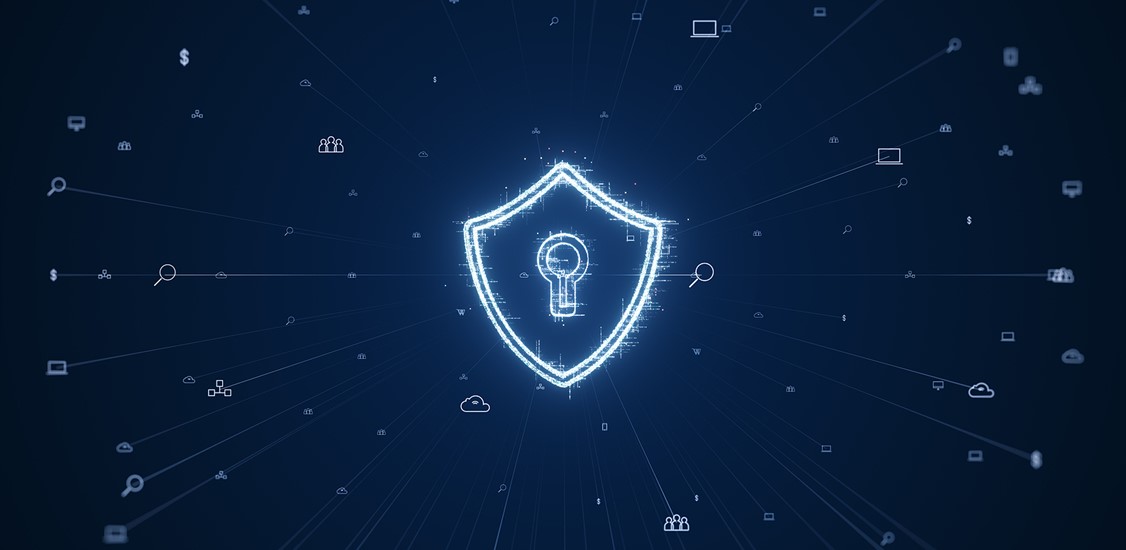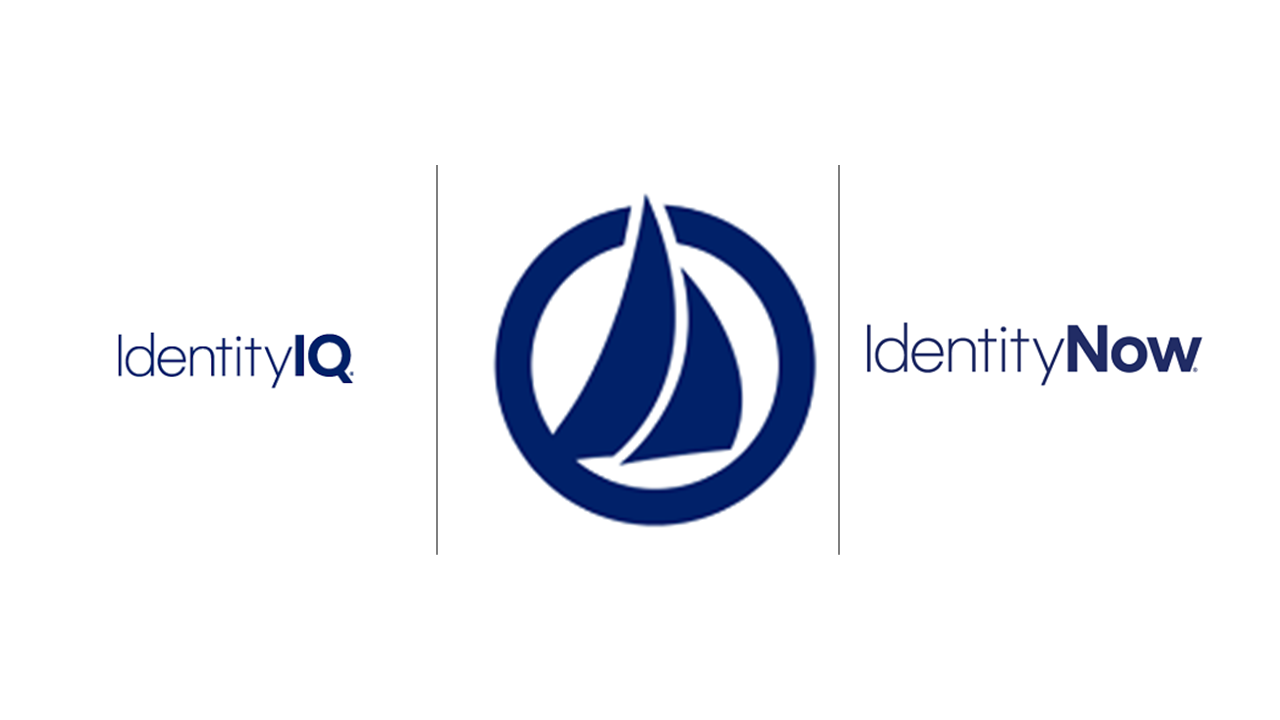
A Focus on Network Security and Strategic Hiring
10 Jan, 20246 minutesIn a time of ever-changing technology, it is important that our networks are safe and secure...

In a time of ever-changing technology, it is important that our networks are safe and secure.
In the dynamic landscape of the digital era, where information is the new currency, the importance of securing networks cannot be overstated. As our world becomes increasingly interconnected, businesses, governments, and individuals alike are more reliant on digital networks for communication, transactions, and data storage. However, this reliance comes with inherent risks, making network security a critical component in safeguarding sensitive information and ensuring the smooth functioning of our interconnected world. Unfortunately, an array of cyber attacks have been committed to an unsettling amount of organizations over the last few years. The United States received the most of amount threat, where 46% of global cyberattacks are directed to the US.
Whether it's personal information, financial data, or critical infrastructure, the stakes are high, making the imperative to bolster network security more critical than ever before. This is why it is important to be aware of cyber threats, how to secure your network from these threats, and who could you in doing so.
Traditional VS Next Generation Firewalls
What is a traditional firewall?
A traditional firewall inspects the traffic that enters or exits a network. Specifically, it examines the state of the packet, source/destination IP address, port number, and protocol. If any of these match with any banned IP addresses, ports, or protocols, the firewall raises an alarm. These firewalls operate across layers 2-4 of the OSI Model.
What is a Next Generation Firewall (NGFW)?
An NGFW is a far more advanced firewall that uses both static and dynamic filtering techniques to filter packets based on applications. As a result, these firewalls provide great control and visibility over the data that enters and exits your network. Furthermore, NGFW comes with features such as Intrusion Protection Systems (IPS) and Deep Packet Inspection (DPI). That way, they block malware and viruses from entering your network. These firewalls operate across layers 2-7 of the OSI Model.

It’s nice to hear how amazing next generation firewalls are, and how they can help to secure networks, but it’s also important to know how to design, implement, maintain, and support them. This is why the role of a Network Security Engineer is so important.
What is a Network Security Engineer?
A Network Security Engineer is a type of Cybersecurity & Networking professional responsible for protecting a company’s network and any users or devices connected to the network. They design and implement the organizations security systems and ensure there are no vulnerabilities or gaps in the network’s security.
What are Network Security Engineer’s responsible for?
- Consistently maintain firewalls
- Monitor, track and record any security issues that may arise
- Resolve any security issues or vulnerabilities
- Commit to scheduled testing of the network
- Maintaining servers
- Implementing firewalls and security systems
- Report the findings of security analysis tests
- Ensure they are up-to-date with the latest security movements and communicating this with the organization.
Hiring a Network Security Engineer
There are a number of things to look for when hiring a Network Security Engineer, so it is important that you have a good grasp of your business, technologies, qualifications and experience to look for.
Understanding Your Organization's Needs
Before embarking on the hiring process, it's crucial to conduct a comprehensive assessment of your organization's specific security needs. Consider the size of your network, the sensitivity of the data you handle, and any industry-specific compliance requirements. This initial understanding will guide you in defining the qualifications and skills required in a potential candidate.
Key Skills and Qualifications to Look For
Technologies and Certifications
When it comes to technologies, it's essential to that the candidate has a strong foundation in networking protocols, firewalls, intrusion detection systems, and other security technologies. For example, this could include, Cisco ASA, Palo Alto, Checkpoint or FortiGate etc. You also want to ensure that the engineer has strong experience in designing, implementing and supporting these firewalls, giving them a well-rounded base of knowledge on these network security devices. Look for candidates with certifications such as:
- Certified Information Systems Security Professional (CISSP)
- Certified Ethical Hacker (CEH)
- Certified Information Security Manager (CISM).
Education and Qualifications
Away from the security portion of the role, it is also important that the engineer understands other elements of network engineering such as routing protocols, router & switch configurations, SD-WAN and more. Having a complete knowledge of networking will help them to identify risks and where the network could be vulnerable. Practical experience in implementing and managing security solutions is invaluable. Candidates with a proven track record of handling security incidents, conducting risk assessments, and deploying security measures are highly desirable.
Though formal education is not always a must have, it can be beneficial if the engineer has a degree and/or masters in IT, Computer Networking or Cyber Security. Additionally, vendor specific qualifications can display a strong understanding of networking and security, such qualifications could include:
- PCNSE
- NSE 4,5,7
- CCSE
- CCNP
- CCIE
Alongside this it could be important for the candidate to have knowledge of industry compliance, depending on your industry, there may be specific regulatory compliance requirements. A qualified Network Security Engineer should be familiar with and capable of ensuring compliance with standards such as GDPR, HIPAA, or PCI DSS.
Soft Skills
Beyond qualifications and certifications, when assessing skills, a crucial attribute is the proficiency in analytical and problem-solving capabilities. Given the dynamic and ever-evolving nature of cyber threats, a successful candidate must demonstrate robust analytical and problem-solving skills to effectively identify and respond to security incidents. Effective communication is essential for a Network Security Engineer, as they need to articulate complex security concepts to non-technical stakeholders. This skill is particularly important when creating and presenting security policies and procedures.
Crafting an Effective Job Description
Once you've outlined your organization's needs and identified the key skills and qualifications, it's time to craft a compelling job description. Clearly outline the responsibilities, qualifications, and expectations for the role. Emphasize the collaborative nature of the position, as Network Security Engineers often work closely with IT teams, management, and other stakeholders.
The Interview Process
Conducting effective interviews is crucial to finding the right candidate. In addition to assessing technical skills, use the interview process to evaluate problem-solving abilities, communication skills, and the candidate's approach to handling security incidents. Consider including practical assessments or scenario-based questions to gauge their real-world problem-solving capabilities.
Emphasizing Continuous Learning and Adaptability
Cyber threats evolve rapidly, and a successful Network Security Engineer should possess a mindset of continuous learning and adaptability. Inquire about a candidate's commitment to staying current with industry trends, attending conferences, and obtaining additional certifications to ensure they remain at the forefront of cybersecurity best practices.
Summary
Network security is becoming more and more important day by day because of the unfortunate rise of cyber threats that organizations are experiencing, not only throughout the US, but the globe. Malicious attacks can cause a great deal of misfortune, such as lost data, exposed information, financial fraud and more. Having robust security practices in place will help to keep vulnerabilities low and ensure your network is as safe as can be.
Hiring a Network Security Engineer is a critical step toward fortifying your organization against the ever-growing array of cyber threats. By understanding your organization's specific needs, prioritizing key skills and qualifications, and conducting thorough interviews, you can ensure that the candidate you bring on board is well-equipped to navigate the complex and dynamic landscape of network security. In an era where the digital frontier poses both opportunities and challenges, investing in a skilled Network Security Engineer is an investment in the long-term security and resilience of your organization.
Specialists in cybersecurity and network recruitment
If you're seeking to secure the top cybersecurity and network specialists to ensure your IT infrastructure remains protected, we can help. Our network cybersecurity recruitment experts have access to roles discussed in this guide. They can connect you with the best candidates on the market who can implement IT security solutions into your business.
Discover what it means to partner with us by contacting us today to discuss your network cybersecurity recruitment needs.






